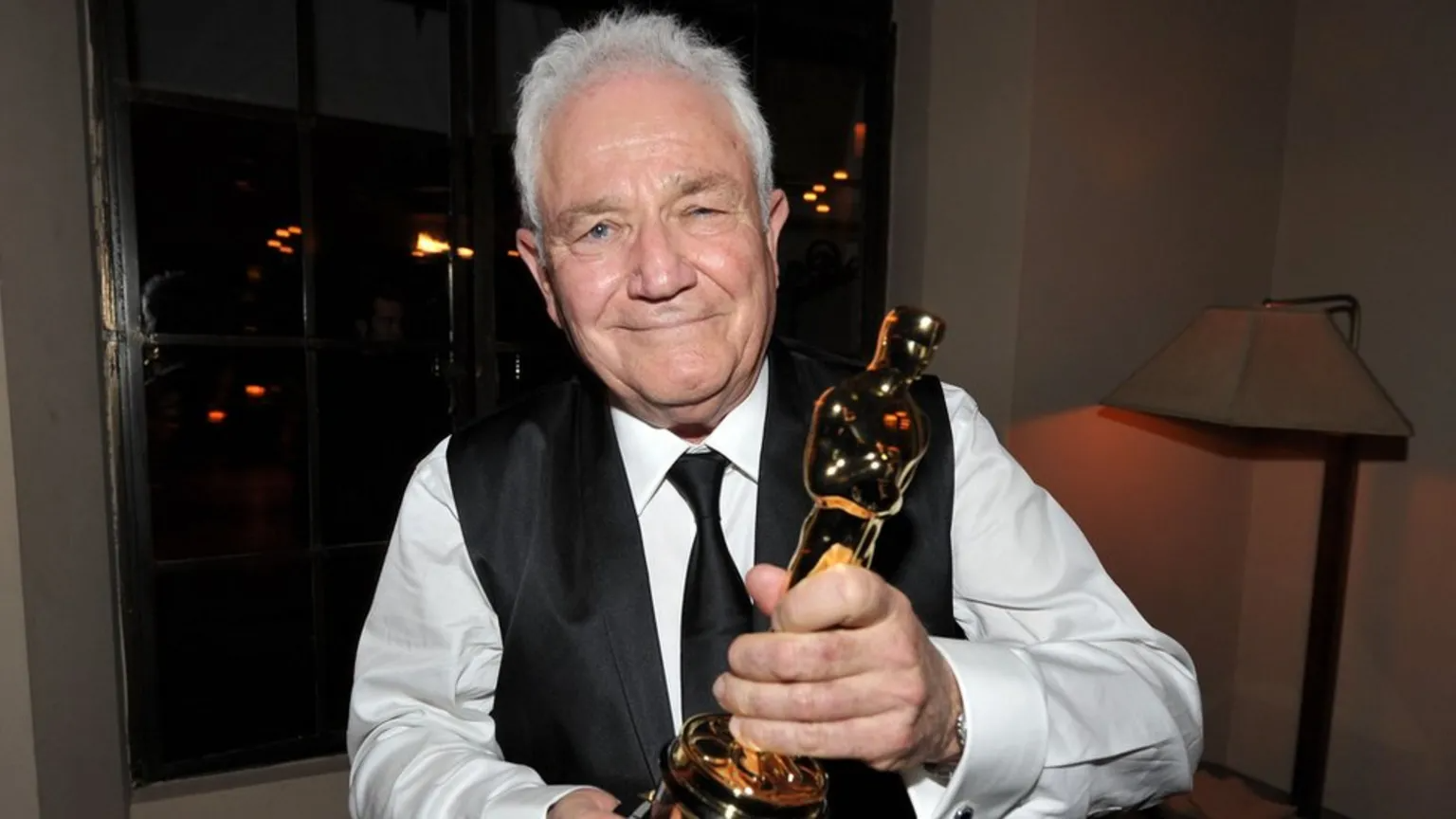She was fierce and intimidating. The image you get when you picture a successful businesswoman? This is her. She had an air of authority wherever she went, people shuffling uncomfortably in her presence and never hesitating to follow her lead.
I’m sure she wasn’t always like this, a time before she became this person. I wonder about the things that she had to endure, the things that chiseled her into this successful and commanding authority figure.
My aunt jetted off to the US in her twenties with the little money my parents borrowed. Arriving in a foreign land with barely anything in tow and not speaking the language, she struggled in the US with her broken and accented English.
She once told me a story in which people laughed at her and made fun of her mispronunciation of deposit as “dep-oh-sit” instead of the correct “dee-paw-sit”. From then on, she vowed to memorize the word and never make that mistake again. She kept vocabulary flashcards in her car’s sun visor and she recited the words at red lights. She did everything she could to fit in, to not let the world belittle her, knock her down, or see her as any less.
As a result of all her experiences, she became steely and resilient and saw English as the gateway to the world.
My Aunt Equated English to Opportunity
When I was born, my aunt had a vision. A crystal clear vision that I would become fluent in English and never have to go through the humiliation and struggles that she went through.
My aunt was the one who took care of my academics and learning. She placed such an emphasis on my writing and reading skills and hammered into me that I had to work twice, no three times as hard as the “American kids” just to be on their level.
She harped at me that my verbal reasoning scores weren’t high enough, so she procured me textbooks — science, geography — and every week, I’d have to read a chapter and write up a summary for her to read. She also bought me books — abbreviated classics like Tom Sawyer, A Tale of Two Cities, and Moby Dick — and made me read them and circle all the words I didn’t know. Then, she made vocabulary and grammar flashcards for me to recite and review on car rides (sounds familiar, doesn’t it?).
In addition, she also supported me financially, sending me to an American school where I did all my education in English. I grew up in an American bubble in Bangkok where kids biked to school like they would in any suburban neighborhood in the US.
I went trick or treating during Halloween as a kid and played varsity sports in high school.
Everything she did and everything about my upbringing was calculated and intentional to achieving her goal — the goal that I would be fluent in English.
And what do you know? All her hard work paid off. Here I am, completely fluent with perfectly accented English — so perfect that when I left for college in LA, it was so easy to lie and say I came from Orange Country (or the Bay Area, or *insert whatever city you want*).
Because that was (and still is) easier than the truth of where I’m “from”.
The Culture I Lost
I am eternally grateful to be fluent in a language that the world considers universal. It has opened myriad opportunities for me and I would not be the person I am without this skill — the way I carry myself, express my thoughts, and interact with others.
But what this emphasis on English also did was distance me greatly from my own culture and language. I never did any formal schooling in Thai, and as a result, my written Thai is probably no better than a fourth-grade level. I read at the speed of a snail, and get frustrated every time I have to read a Thai document. I might still be fluent in Thai as well as day-to-day things go, like shopping at a market and haggling, but there’s no way I could carry a conversation in Thai in a formal work setting.
While I could tell you about World War I, II, and other wars in the world’s history, up until this year, I could not tell you anything about Thailand’s history. I still know very little about Thailand’s history, and what histories have influenced who we are.
Yes, I could speak to you at length about Thai cuisine and why Thai food is one of the best in the world, but ask me anything else about Thailand — our traditions, our holidays, our dress, our music — and I wouldn’t be able to tell you much.
Through a very intentional upbringing in English and steeping in American culture, I became so Westernized I neglected my own culture. I saw being American as a compliment and in turn, I saw my own culture as undesirable. Because if it were something to be proud of and something I should be curious about, why wasn’t I learning it? Why was I instead learning about, aspiring to, and assimilating to another culture entirely?
When Home Is No Longer Home
In conversations with my aunt years later, she remarked, “I never raised you for Thailand. I raised you to be international”.
And international, I am. I’m able to thrive in any place and environment that is not Thailand. I’m so comfortable in the presence of anyone who is not Thai. And as a result, today, “home” doesn’t feel like home. “Home” feels foreign, stifling, suffocating, constricting, and a multitude of other synonyms that don’t paint a positive picture.
When You Run Towards Something, You Leave Something Behind
I’m doing a lot of internal work and reflection to understand how to reconcile this, to undo years of learning that everything Western was superior. It’s going to be an unwinding journey, but one thing I know right now is this: A lot of times, we see something as superior and we instantly gravitate towards it. It’s shiny, it opens up opportunity, it makes us better, and we want it.
For my aunt, this was English.
But when we run arms wide open towards something, we are leaving behind something else. It’s easy math — it’s an opportunity cost.
So the next time you run towards that new shiny thing, pause and ask yourself what you’re leaving behind. Do you want to leave it behind? And if not, or even if you’re not sure, might there be a way to run towards the new, shiny thing while carrying your roots and where you came from? Because you can always choose to drop it and let it go later if you decide you don’t want it. But if you don’t take it with you, as The Beatles say, it’s “a long and winding road” to get back to it.
By Toffy Char



































